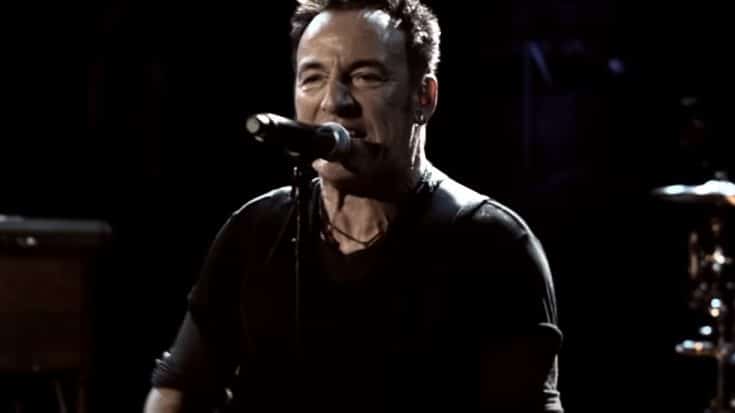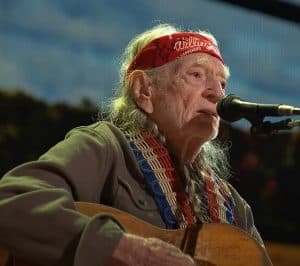The Meaning Behind Bruce Springsteen’s “Jungleland”

via Bruce Springsteen / YouTube
Bruce Springsteen’s “Jungleland” holds a special place as the closing track on his career-defining third album, “Born to Run.” The album is renowned for its iconic songs like the title track, “Thunder Road,” and of course, “Jungleland,” a lengthy and grandiose ode to the struggle for hope and innocence in the harsh urban landscape.
Navigating Springsteen’s Career Challenges
Before delving into the meaning of “Jungleland,” it’s important to understand the context of Springsteen’s career at the time. By the mid-1970s, Springsteen’s future in the music industry was uncertain. Despite being signed to Columbia Records, his first two albums hadn’t achieved the commercial success the label had hoped for. However, instead of giving up on him, Columbia doubled down, providing a bigger budget for his third album, “Born to Run.” Springsteen, along with his manager Mike Appel, took on the roles of producer and mixer for the album, which proved to be a lengthy and challenging process. Springsteen’s perfectionism led to extended recording sessions, with the album taking over a year to complete.
“My obsessive/compulsive nature, which crippled me through much of the rest of my life, does come in handy once in a while,” he told The Observer in 1997. “I wanted something unique that you couldn’t hear in the live show.”
View this post on Instagram
Transitioning to Studio Artistry
“Born to Run” marked a significant transition for Springsteen, as he shifted from being known primarily for his dynamic live performances to becoming a studio artist. In his autobiography, also titled “Born to Run,” Springsteen reflected on this transition, explaining how he crafted songs that would captivate audiences who were unfamiliar with his music. The epic nature of songs like “Jungleland” was designed to leave a lasting impression on listeners, drawing them into Springsteen’s imagined world of shared ideals and values.
“I very consciously set out to develop an audience that was about more than buying records. I set out to find an audience that would be a reflection of some imagined community that I had in my head, that lived according to the values in my music and shared a similar set of ideals.”
Exploring the Depths of “Jungleland”
“Jungleland” itself is a poignant exploration of hope, dreams, and the harsh realities of life. The song opens with a sense of anticipation, as characters gather for a special evening. However, as the narrative unfolds, we see the struggles faced by individuals trapped by their circumstances. The streets are filled with shadows and the looming presence of authority figures, symbolizing the oppressive nature of society. Springsteen paints a vivid picture of a world where dreams are fleeting and opportunities for escape are limited.
“Youths disappear into shadows following fraught, innocent dreams to their destruction. …”
Despite the bleakness of its themes, “Jungleland” is a powerful reminder of the human spirit’s resilience in the face of adversity. Springsteen’s masterful storytelling and evocative imagery capture the essence of the struggle for freedom and self-realization in a world filled with obstacles.
In essence, “Jungleland” encapsulates the essence of Springsteen’s music—an epic journey through the highs and lows of the human experience, where hope and despair collide in a symphony of emotion.












